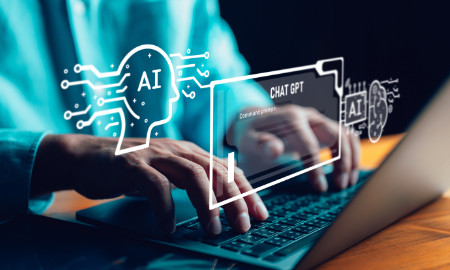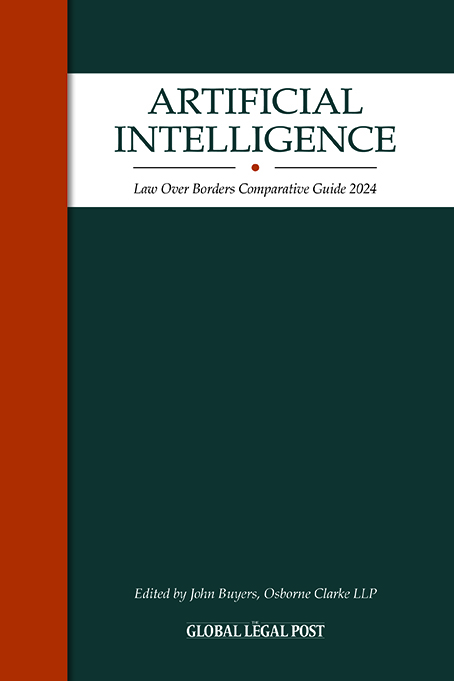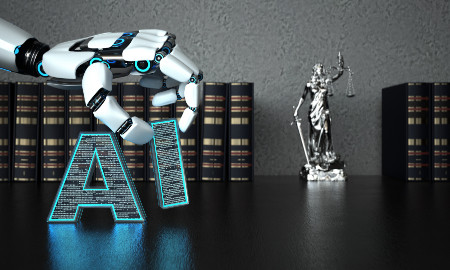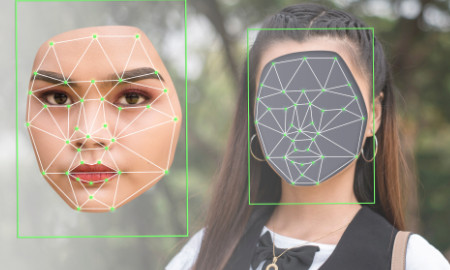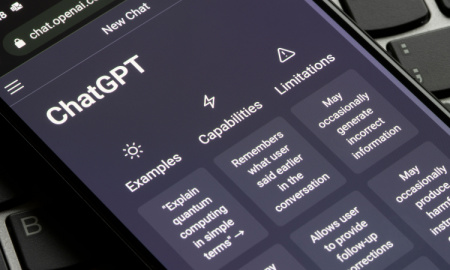Sign up for our free daily newsletter
YOUR PRIVACY - PLEASE READ CAREFULLY DATA PROTECTION STATEMENT
Below we explain how we will communicate with you. We set out how we use your data in our Privacy Policy.
Global City Media, and its associated brands will use the lawful basis of legitimate interests to use
the
contact details you have supplied to contact you regarding our publications, events, training,
reader
research, and other relevant information. We will always give you the option to opt out of our
marketing.
By clicking submit, you confirm that you understand and accept the Terms & Conditions and Privacy Policy
There have been considerable technological advancements in legal departments in recent years and AI is being hailed as the next step forward on this front. With 78% of companies reporting that technology is now a must-have for in-house legal departments, is AI another area that is worth the investment?
Many have questioned if generative AI (GenAI) is just a fancy, computerised parrot that has been trained to mimic the way humans write and has unlimited access to information that is available online. If so, what is the big deal? What could it do for you or your law department, and what legal considerations are there when your clients inevitably begin using it?
Scrutinise for accuracy
We know that GenAI is already transforming search. Google’s CEO Sundar Pichai has said that it will replace, or at least supplement, all current search engines within the next few years. GenAI has specifically been trained to mimic human writing to sound more like a human, but not necessarily to become more “accurate”. What it emphasises is providing plausible, human-like responses. As lawyers, we know that plausibility and accuracy are not the same things. At least during this early, pioneering period in GenAI, human agents need to scrutinise anything it produces to determine whether its “plausible” responses are sufficiently accurate or complete.
GenAI can also be used to create computer code. One day you will be able to ask GenAI to write a helpful program for your laptop (right now, you would have to limit your code generation to simple requests; for example, a program to put a menu on the menu bar of an app you are building that you could paste into the larger project). However, there is a risk that a disgruntled employee might soon be able to ask ChatGPT to generate code that will lock your company out of its own computer network, create ransomware or steal trade secret information.
Mitigate misuse
GenAI could also help criminals create more effective phishing campaigns that use social engineering to hack into any company. One of the things we have come to rely upon to identify phishing emails was their awkward phraseology and syntax, but ChatGPT does a very good job at writing polished email content. It is already being used to generate disinformation campaigns, which can be effective against companies as well as countries. In-house counsel should get involved in discussions with senior management about how to respond to these risks as this is a rapidly evolving situation.
Balancing automation and human oversight
GenAI is good at answering questions in ways that synthesise multiple and conflicting search engine results. Therefore, it could be used instead of a standard search engine to cut to the chase on many topics. Users can improve the way it responds, too. For example, it can be asked to cite its sources and it will provide a comprehensive list. The tool has the ability to eliminate certain dubious sources and provide an improved answer. And, if it makes a mistake, you can tell it so and it will improve its answer and even thank you for the feedback. You can also limit its sources to whomever you, or it, identifies as the top experts on a topic, or you can ask it to answer the question in ways those experts likely would have.
Potential applications
GenAI is also incredibly good at summarising judicial opinion and legal trends, and so on. And yes, a lawyer will need to review any such responses for the foreseeable future, but the possibilities are pretty exciting. The 2023 Legal Technology Report released by the Association of Corporate Counsel noted that most legal departments increased the use of legal technology to improve contract management, legal hold, matter management and data collection and processing. AI is specifically poised to be able to automate or assist with many of these tasks.
GenAI could provide skills training in a variety of areas. Sal Khan of Khan Academy believes it will soon become one of the best personal tutors on the planet. Lawyers could use it to quickly get up to speed on unfamiliar legal topics or to improve technical skills, for instance in Excel, Word or Outlook. It can also help to put together client training modules (overseen by experienced lawyers, of course).
A straightforward, but perhaps underrated feature is GenAI’s ability to create checklists. As one of the best ways to ensure that humans react appropriately in an emergency or other stressful situations, checklists help ensure consistency and thoroughness.
Test, evaluate and embrace GenAI’s potential
In conclusion, I would strongly encourage in-house counsel to engage in hands-on testing of this tool to understand its capabilities and potential benefits. It is worth noting that Microsoft and Google are gradually rolling out their own versions, making it possible to promptly evaluate GenAI’s performance. Give it a go. It is likely that your clients are already trying it.
Greg Stern is an independent consultant for legal and compliance operations, and a business attorney. He was previously deputy general counsel at Chubb.
Email your news and story ideas to: [email protected]

